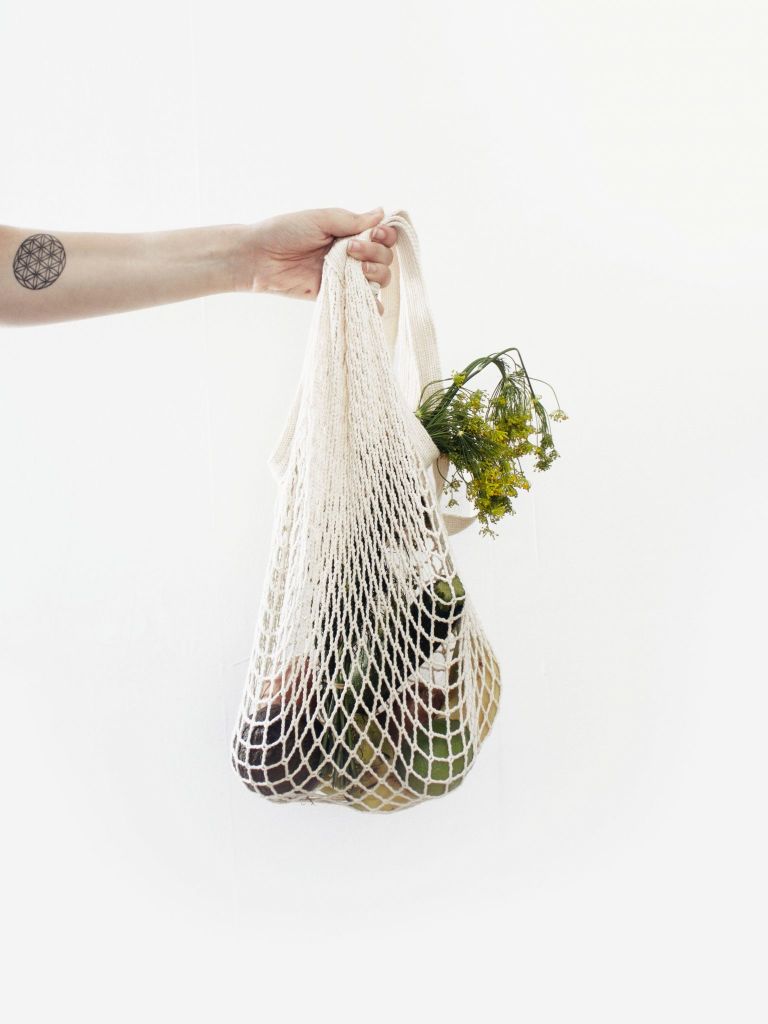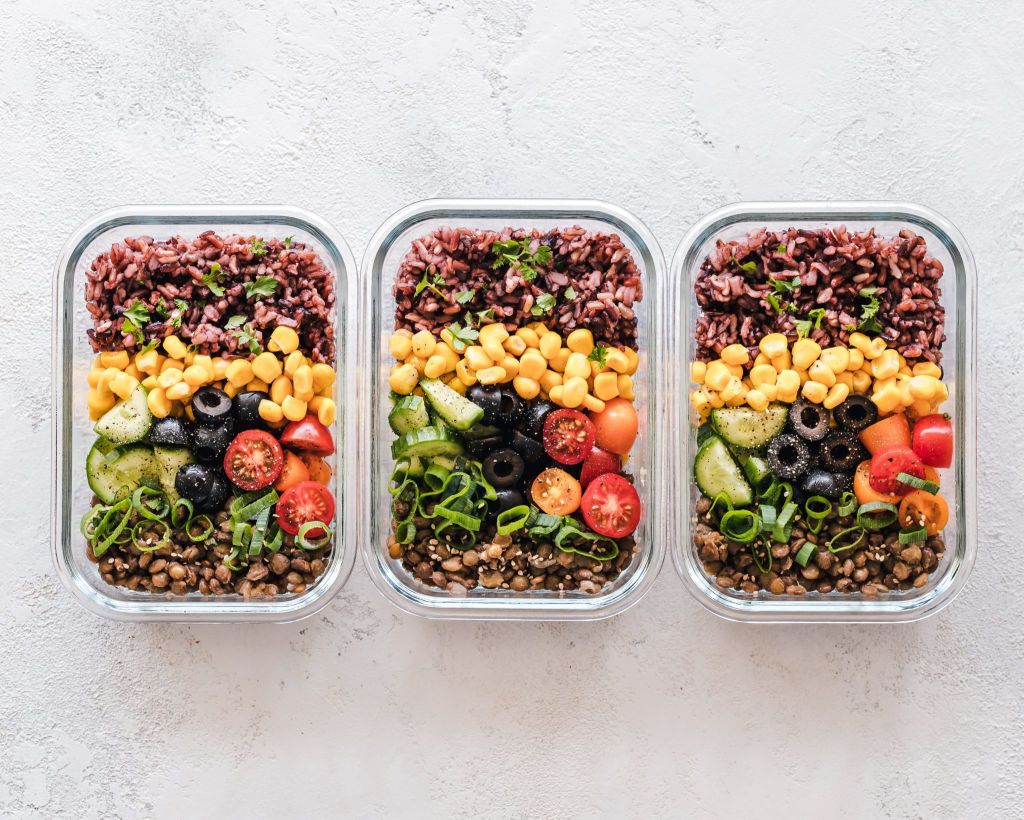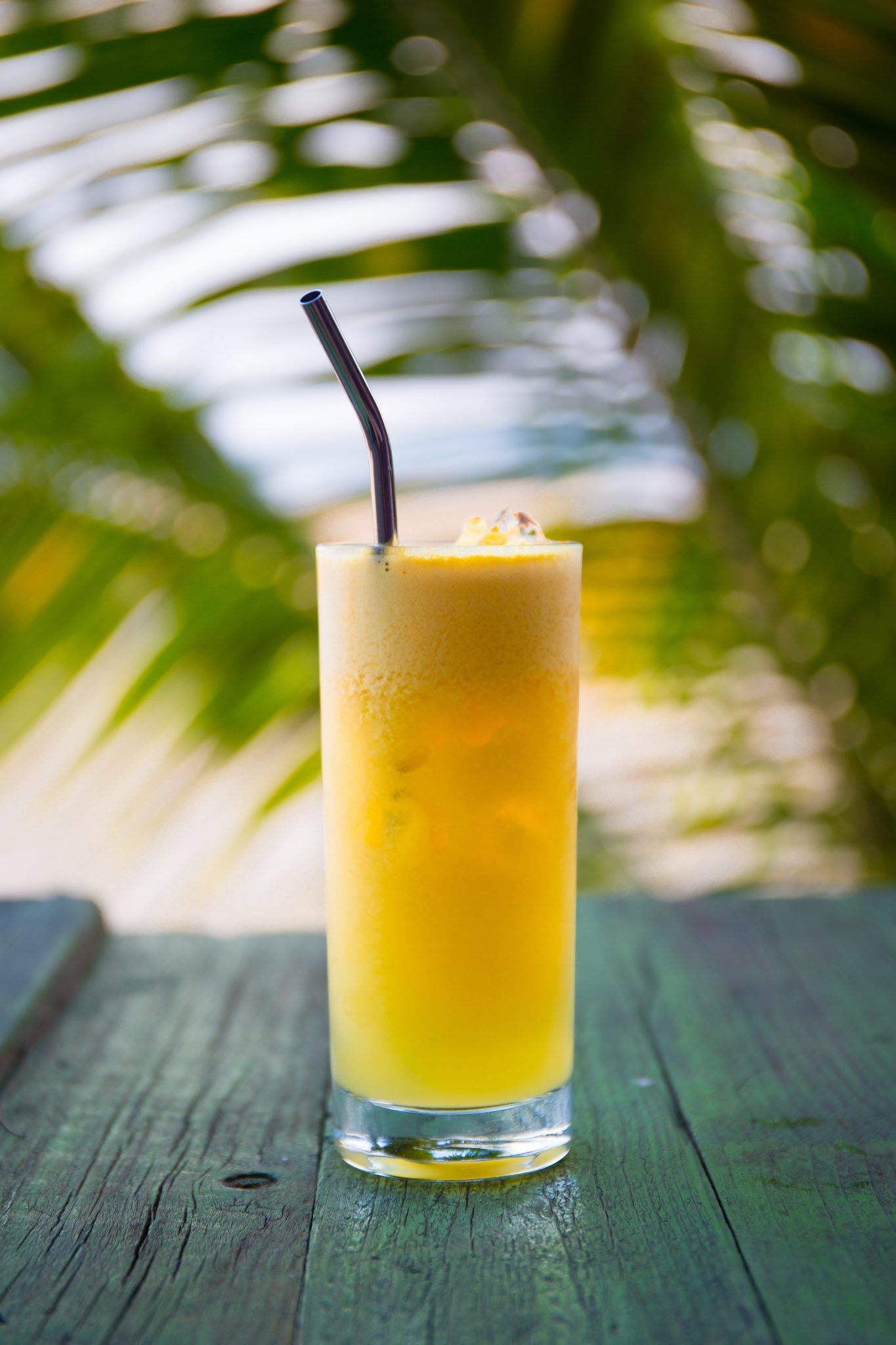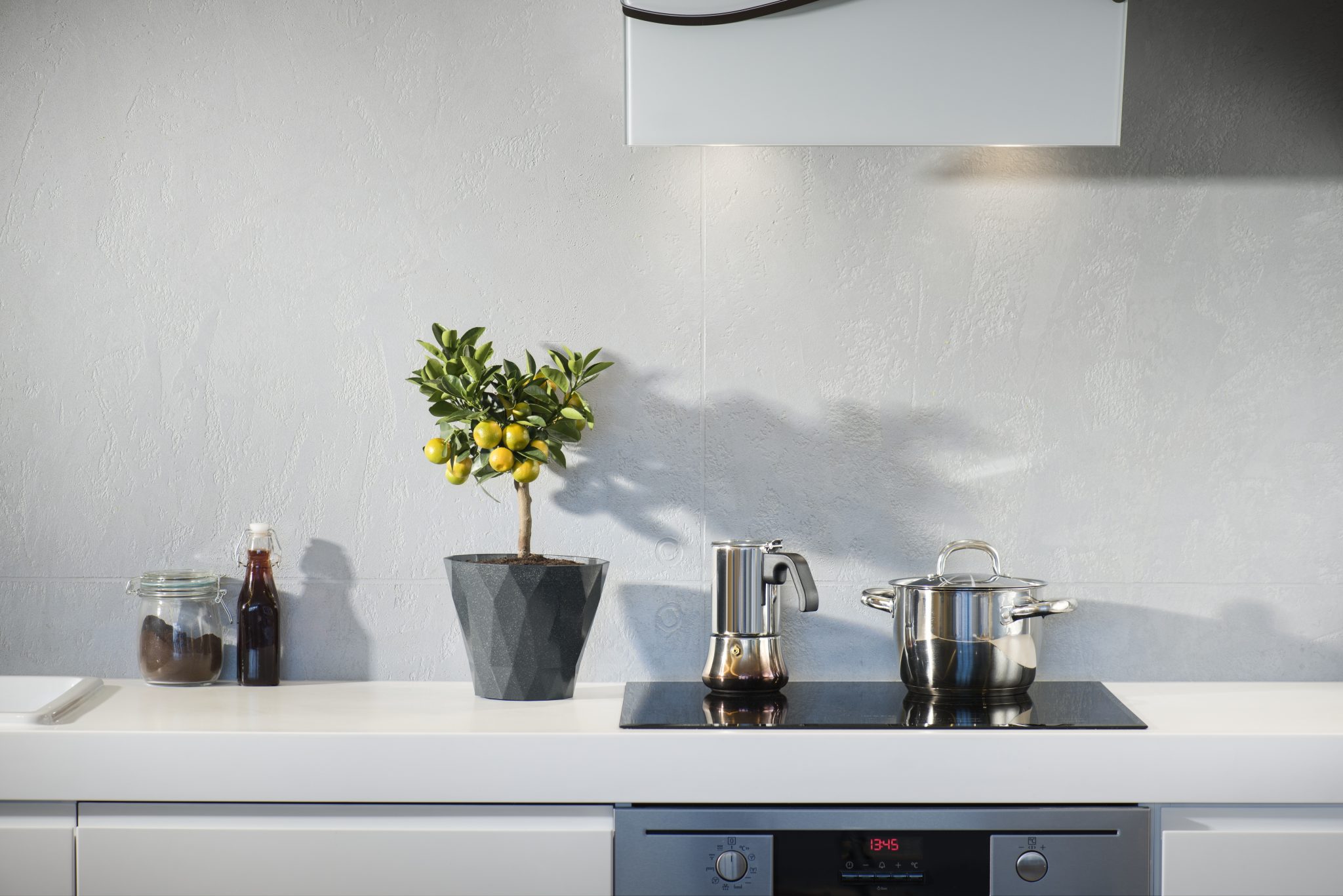Working toward a more sustainable lifestyle? Good on ya! Whether this is your first effort to learn more about reducing your environmental impact or if you’re a sustainability champion, find out some ways you can reduce plastic pollution in the world right here.
The first step is awareness (looks like you’re way ahead of the curve so far), the next step is to make meaningful changes in your daily life to minimize the amount of plastic you’re tossing into the can. The more informed you are about best practices for recycling, what types of plastics are recyclable, and the best ways to reduce plastic waste, the better off you will be (you might save some $$$), and the better off our planet and wildlife will be. Our sea turtles and future generations will be so thankful.
Along with saving some money on purchasing endless disposable plastics and saving wildlife, you’re also reducing the amount of carbon emissions that are produced from the manufacturing of plastics and from burning them in landfills.
So what are the plastic-free alternatives to household products? Well, you’ve come to the right place. Here’s our list of sustainable products that will help reduce your environmental footprint:

- Reusable Bags
Despite efforts to ban plastic bags around the world, 4 trillion plastic bags are used each year worldwide–with 14 billion plastic bags a year from the US alone. From these staggering numbers, only 1% of plastic bags are returned for recycling. Next time you’re out shopping, remember to stash away a couple of reusable shopping bags for groceries and shopping. (Tip: Keep some bags in your car at all times or keep some placed next to your front door so you’ll remember to bring them with you on your way out.)If you forget your reusable bags while out shopping–don’t worry. Just try to opt for paper bag options if they’re available to you. Paper bags take about a month to decompose whereas plastic bags can take 10-1000 years to decompose in landfills. In the debate between paper or plastic (bags), the answer is clear–always choose paper. - Reusable Food Wraps
Swapping out all kinds of plastic, including your single-use plastic at home like plastic cling wraps can have a huge impact on the earth. It takes 500 or more years for plastic to disintegrate. However, they don’t even completely break down; instead, they photo-degrade and become microplastics that continue to pollute the earth. Switch from your usual plastic cling wrap to more sustainable reusable food storage like Bee’s Wrap, an organic cotton material covered in beeswax, jojoba oil, and tree resin. You can use it exactly the way you would a normal cling wrap. After each use, wash with soapy water, dry, and reuse.
Photo by Ella Olsson - Reusable Food Containers
Have you ever tried to clean oil from plastic containers? It’s just about the most frustrating thing imaginable! Instead of using disposable meal prep containers, opt for glass containers with BPA-free lids or stainless steel bento containers that are completely zero waste. - Reusable Water Bottles
A study by the Guardian reported that a million plastic bottles are purchased worldwide every minute. This number is expected to increase by 20% by 2021. This is baffling considering there are so many reusable water bottle options out there, and even one that self-cleans and purifies your water for you. Try to avoid buying bottled water and instead fill up your reusable water bottle where you can.
Photo by Olivier Guillard on Unsplash - Stainless Steel Straws
The U.S. alone uses an estimated 500 million plastic straws every day. Diminish your straw waste by purchasing reusable straws and refusing straws at restaurants and beverage shops. There are all sorts of straw sizes and styles to suit your needs–whether it’s for smoothies, shakes, boba, or soda. These are usually made from durable materials like stainless steel (also easy to clean), and some even use glass (for those of you who prefer your straws to be transparent). - Reusable Eco-friendly Cutlery (and travel-friendly!)
Did you know that only some plastic utensils are recyclable by your typical curbside receptacles? That contributes to about 300 million tons of plastics going into circulation.A great first step is to minimize your use of plastic cutlery at work or school by bringing your own. Travel-friendly flatware sets like this one made from bamboo are eco-friendly, safe, and reusable. They’re also compostable, so if you end up getting rid of them, they won’t harm the environment. - Collapsible Bowls
If you’re traveling, camping, or out and about, silicone collapsible bowls are the way to go. These will minimize the waste from using single-use bowls or plates. Plus, they collapse so they’ll barely take up any room in your bag. You can even use them more regularly at home to save space in your pantry! - Biodegradable Loofahs
Stop buying plastic loofahs. It’s recommended to replace loofahs every 2-3 months, which can contribute to even more plastic waste than you would’ve thought twice about. There are plenty of sustainable options for bath products such as loofahs or bath sponges that are plastic-free. Some are made of organic biodegradable bamboo or made from organic materials such as sea sponge or ground konjac root. - Sustainable Toothbrushes
There are no “perfect” options for this category, but these sustainable toothbrush options listed by Treehugger are still a huge step toward a more sustainable lifestyle. Whether you go with a toothbrush made from recycled materials, a bamboo toothbrush, or a silicone electric toothbrush, you can rest assured that you are making a positive impact on your plastic footprint. - Plastic-free Reusable Sandwich Bags
Reusable sandwich bags are gracing the pantries of many households in an effort to cut out single-use plastic. They can be used for packing anything from baby carrots for your kids’ lunchboxes to some chips for the road. For reusable bag options, check out HuffPost’s list of sustainable alternatives. - Plastic-free Packaging
Plastic packaging can be a tricky one to avoid, but there are some companies out there striving to bring great products to the world sans-plastic. We, at LARQ, are extremely conscious of our environmental responsibility–that’s why our packaging is made of 100% recyclable paper–no plastic. Companies such as By HumanKind and Bite make hygiene products sustainable and accessible. By Humankind sells mouthwash, deodorant, and shampoo bars with “plastic-neutral” packaging that can be refilled. It’s a unique program that encourages repurposing and a plastic-free lifestyle. Bite uses glass bottles instead of plastic to package their toothpaste “bits”, which are refillable through their subscription service and recyclable. - Sustainable Corporate Gifting
We all know how unsustainable corporate gifting can be — maybe you have way too many branded mugs in your cabinet, or received one too many t-shirts you rarely wear. Clove & Twine specializes in corporate gifting with plastic-free packaging and personalized gifts from sustainable brands. They even give back to nonprofits through 1% for the Planet so you know they can put their money where their mouth is. Sustainable gifts extend from personalizable LARQ Bottles to the beloved Patagonia pullovers to plants or even a hammock! Time to slide this into your corporate gifting manager’s inbox…
Now that you know a few more ways to impart plastic-free living in your daily life, help spread the word! With so many alternatives out there for plastic and non-biodegradable materials that are toxic to the environment, what disposable plastic products can you cut out of your life and replace with sustainable ones?
